Contact Us
Translations provided by native professional translators & proofreaders
Blog
template_view_blogs.php
Summary Navigating document translation can be overwhelming, especially when accuracy and cultural nuances are at stake. Whether for legal compliance, business operations, or personal needs, understanding the importance of quality document translation ensures success. This guide will provide the insights you need to choose the right service, avoid common pitfalls, and ensure that your translations… Continue reading A Complete Guide to Document Translation: What You Need to Know Summary In today’s connected world, translation software is almost as essential as a word processor. Whether it’s a short email, a college paper, or a legal contract, the ability to switch languages while preserving the layout matters. This post reviews the four biggest translation apps, highlighting what makes each one suitable for particular jobs. Keep… Continue reading Top 7 Document Translator Tools to Save Time and Ensure Accuracy Discover how medical translation and interpretation improve patient care and safety. Learn about healthcare translation services, medical interpreters, hospital language services, and multilingual healthcare support to bridge communication gaps. Summary Could a lone mistranslation endanger a patient? Healthcare relies on clear talk, yet language gaps sometimes cause missed diagnoses or wrong meds. Translators and interpreters seem to… Continue reading Breaking Language Barriers in Healthcare: Medical Translation and Interpretation Summary: If you’re handling international documents in the U.S., it’s crucial to understand the differences between apostille and translation services. While both are forms of document authentication, they serve different purposes. This guide will help you understand when you need an apostille vs certified translation, how to navigate the apostille process in the USA, and… Continue reading Apostille and Translation Services: Understanding Key Differences and How to Get Them Summary: The cultural differences between Mexico and the United States are vast, going beyond language to include family structure, food customs, and social etiquette. While Mexican culture leans toward group-centered habits, American culture emphasizes personal independence. In this guide, we’ll break down these differences, helping you navigate the cultural nuances whether you’re a student, traveler,… Continue reading Cultural Differences Between Mexico and the United States: A Quick Guide Summary: If you’re dealing with legal or official documents in the U.S. that need to be used abroad, understanding how to obtain apostille and translation services is crucial. From apostille in the USA to certified translations for international use, this blog will provide you with the necessary steps to ensure your documents are properly authenticated… Continue reading How to Get Apostille and Translation Services in the U.S.

A Complete Guide to Document Translation: What You Need to Know

Top 7 Document Translator Tools to Save Time and Ensure Accuracy

Breaking Language Barriers in Healthcare: Medical Translation and Interpretation

Apostille and Translation Services: Understanding Key Differences and How to Get Them

Cultural Differences Between Mexico and the United States: A Quick Guide

How to Get Apostille and Translation Services in the U.S.


